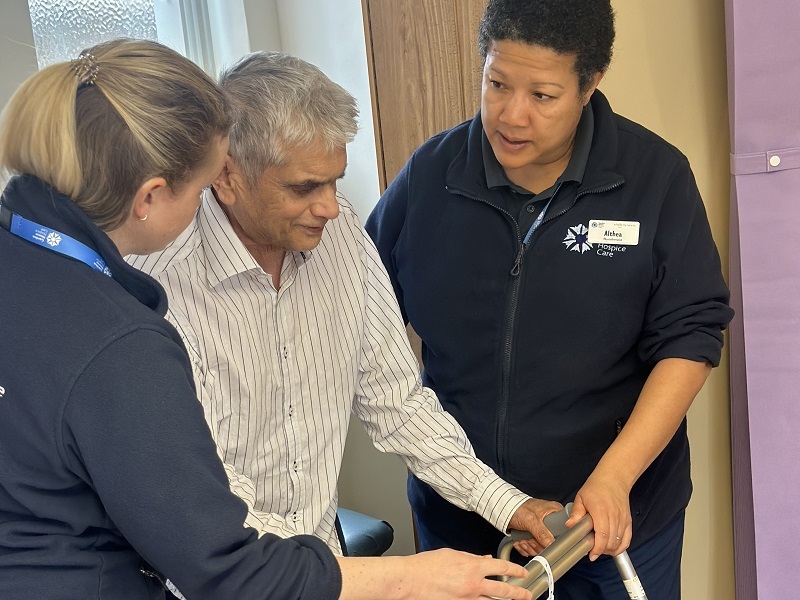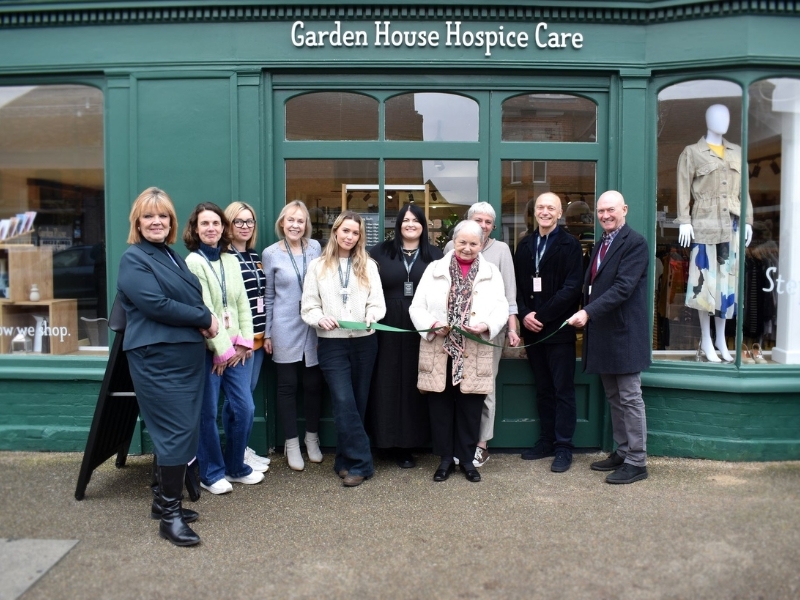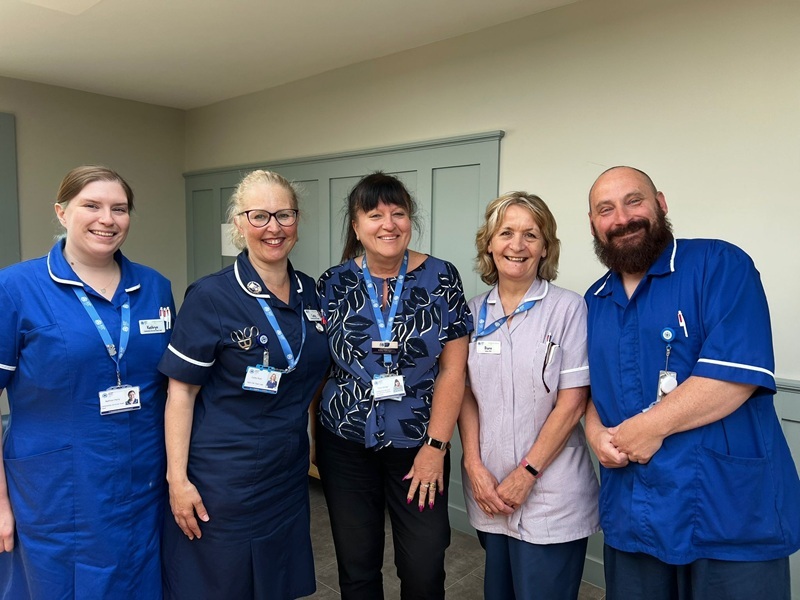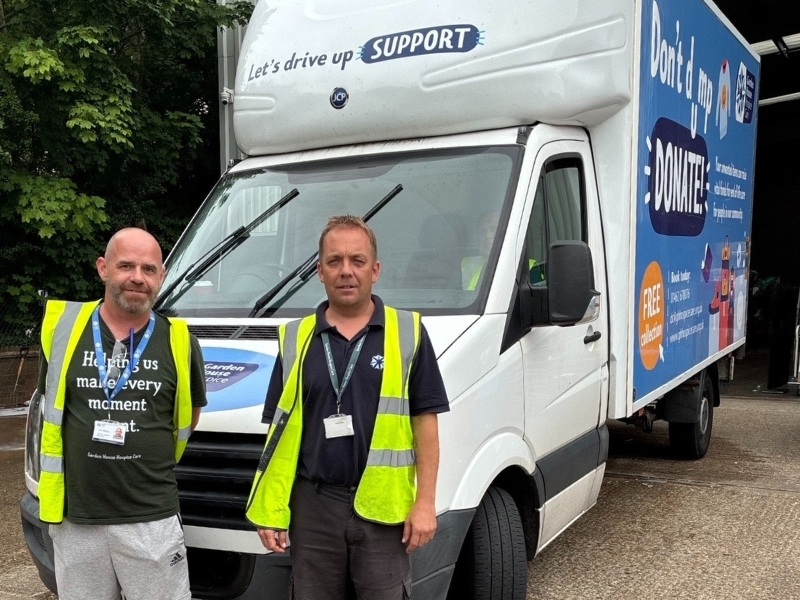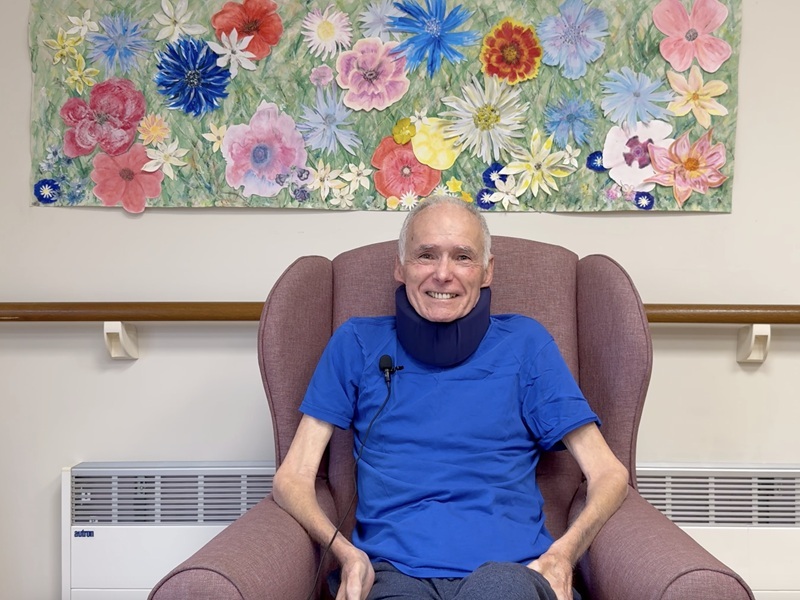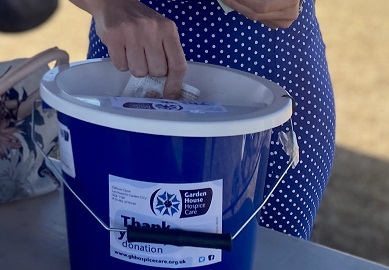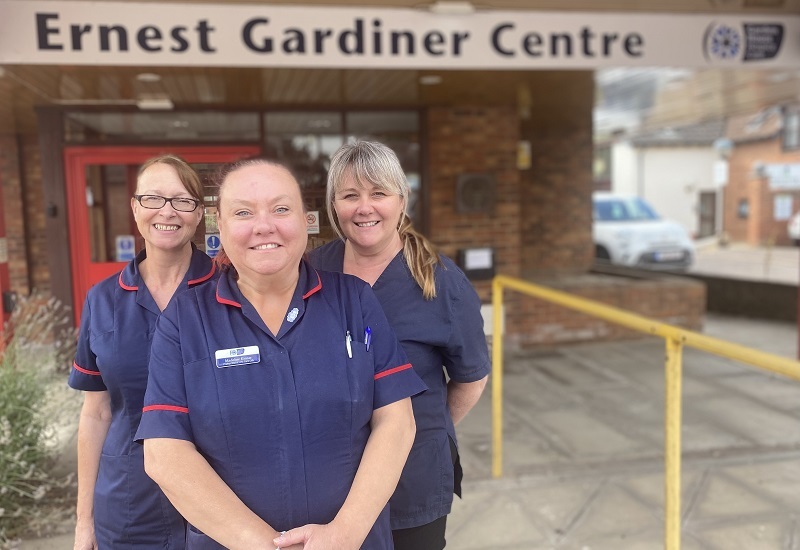Former businessman and marketing professional, Kent, was diagnosed with Motor Neurone Disease five years ago. Before his illness, he described himself as a fairly active person with a love for photography. But despite his condition declining, the support Kent receives from Garden House Hospice Care is helping him stay positive, both physically and mentally.
Kent recalls: “My diagnosis was totally unexpected because I didn't know what was wrong. The way it was communicated was pretty abrupt and very rough, and I didn’t know anything about it or know anyone that had it.
“I was advised to reach out to a specialist clinic for support, which I did because it was so important to me to meet somebody in a similar position. From there, I was introduced to a group for people with MND, which took place once a month near Stevenage, and someone there mentioned about the Hospice.”
Kent was aware of Garden House, but was initially unsure how we could help. Although skeptical, he referred himself to our Rehab and Wellbeing team. He hasn’t looked back.
“I’ve been coming since then to keep my muscle tone and respiration as positive as I can,” Kent continues. “I worked a long time on my upper body and hands to keep them as viable as possible. My overall love in my whole life has been photography, and I've only just recently had to give it up because I can't physically push the button on a camera anymore.
“But MND hasn’t taken that away from me. I can still recall all of the things I felt were beautiful in the world, I can still see everything that I want to take a picture of. It’s just changed the way I communicate that with others.”
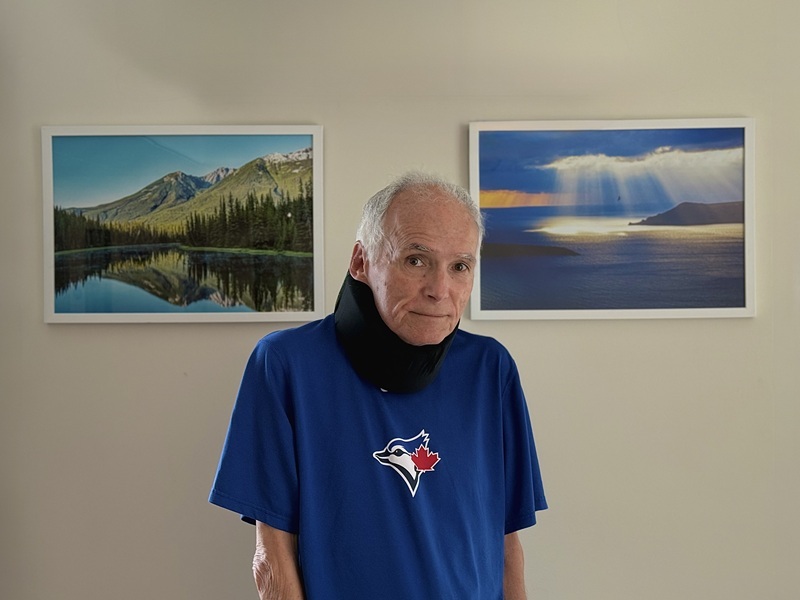
Kent has a passion for photography and his work is on display at Garden House
“I’m still glad I did all that work with my hands. Now, I'm focusing on my legs and my ability to stand and walk for as long as I can.”
Keeping a positive frame of mind has also been crucial for Kent. The Hospice has helped him meet new people and maintain his sense of community.
“The worst thing that can happen when living with MND is that you isolate yourself and you allow the condition to take over. To anyone in a similar position, I would say don’t be alone and don’t fight this on your own. Don’t even accept it on your own.
“You have to fight back or stand up and do something about it that makes you comfortable psychologically and emotionally. The Hospice facilitates just that. I had no idea they could help someone like me. But here it’s a perfect setting because everybody is friendly, accommodating, supportive. You can ask anything, look for answers or support, and meet people who understand you. It's really very beneficial.”
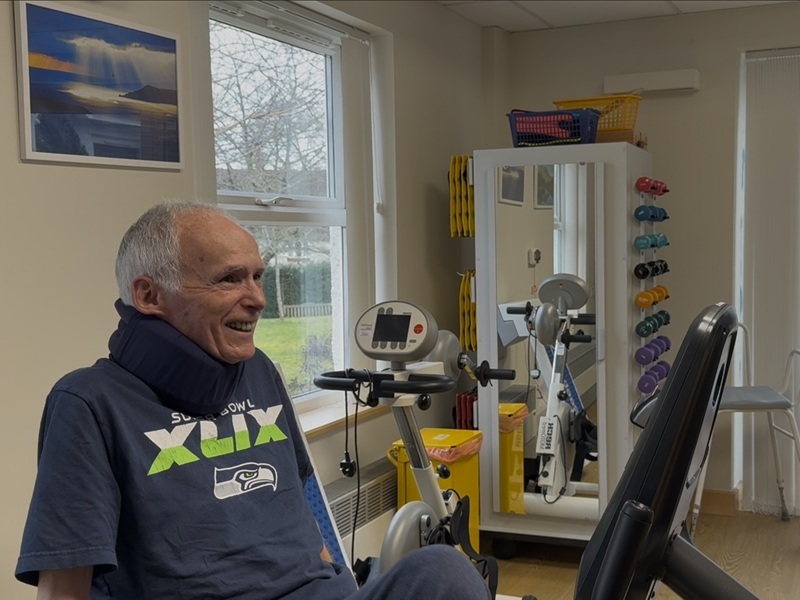
Kent smiles during a Rehab & Wellbeing session at the Hospice
Garden House supported 1,321 patients last year. 55% of these people had a non-cancer diagnosis, including illnesses like MND, compared to just 31% two years ago. By shifting the focus of our care to be there for people like Kent, we can wrap our services and support around them from the moment they are given their life-changing news.
We will do everything we can to reach more people. But we cannot do it alone. We need to fundraise £10,564 every single day to provide our specialist care and patient services, including staffing costs, medical supplies, utility bills and raising awareness of our services.
Kent concludes: “Hospices shouldn’t be struggling to be funded. I’ve learned more about what they do than I could ever have imagined by being here. It’s an absolutely essential part of the community and needs support through donations, or however people can help. I think it’s vital to keep it going.”

